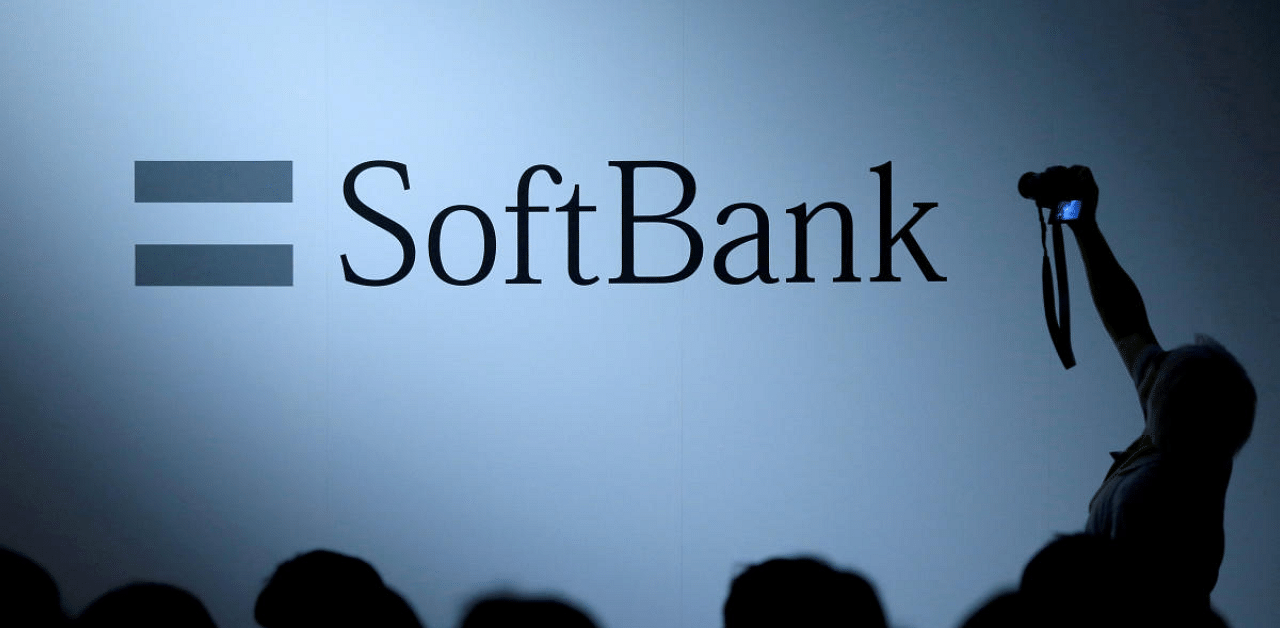
SoftBank Group Corp announced on Monday the sale of chip designer Arm to Nvidia Corp for as much as $40 billion in a deal set to reshape the semiconductor landscape.
The deal, which is subject to regulatory approvals including in Britain, the United States and China, will be putting a long-neutral technology vendor to Apple Inc and others under the control of a single player.
It could face potential pushback from regulators, as the ongoing US-China tech spats have put any global deal in the semiconductor sector under much tighter scrutiny.
Below are a list of prominent global deals that collapsed due to regulators' rejection in the last five years:
* US President Donald Trump in March, 2018, blocked microchip maker Broadcom Ltd's proposed takeover of Qualcomm Inc on national security grounds.
* Qualcomm Inc walked away from a $44 billion deal to buy NXP Semiconductors after failing to secure Chinese regulatory approval in July, 2018 amidst China-US trade talks. China's State Administration for Market Regulation (SAMR), the antitrust regulator reviewing the deal, did not respond to the companies after the deadline for the deal to expire passed.
* Semiconductor equipment maker Lam Research Corp in 2016 terminated its $10.6 billion deal to buy rival KLA-Tencor Corp after the US Department of Justice told the companies it had serious concerns that the deal would harm competition.
Some global deals were able to get China's approval after making some changes or concessions:
* China approved Google's $12.5 billion acquisition of Motorola in 2012 on the condition that Google keep Android free and available without discriminating against any particular device maker for five years.
* China cleared Japanese trading house Marubeni Corp's $5.6 billion purchase of US grain merchant Gavilon in 2013 with stiff conditions such as demanding the two keep separate, independent trading units when selling soybeans to the country.
* Glencore in 2014 sold a $5.2 billion mining project in order to win China's approval for its $30 billion takeover of miner Xstrata.
* Nokia in 2015 had to combine its China business with former Alcatel-Lucent's in the country for its 15.6 billion euro merger with the French company to be approved by China. Beijing also stipulated that local telecoms groups could renegotiate rates on mobile technology patents borrowed from Nokia and Alcatel if they were ever sold on to a third party.
* China in 2017 conditionally approved chipmaker Broadcom Ltd's $5.5 billion acquisition of Brocade Communications Systems.
* China approved HP Inc's $1.1 billion purchase of Samsung Electronics' printer business with certain restrictions in 2017, citing concerns about the US firm's dominance of the domestic laser printer market.
* Bayer secured conditional approval from China's commerce ministry for its $65 billion acquisition of the world No. 1 seed company Monsanto in 2018 after agreeing to offload certain assets.